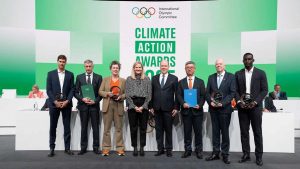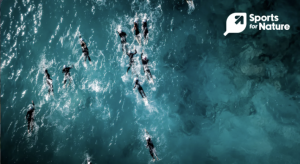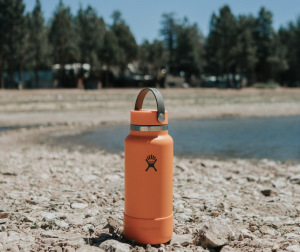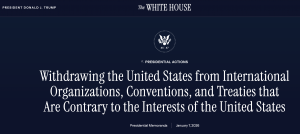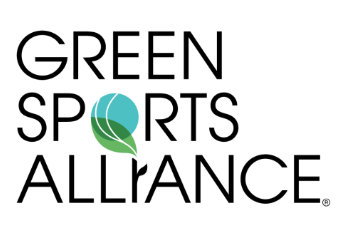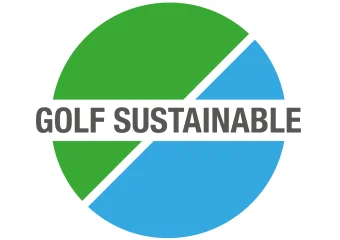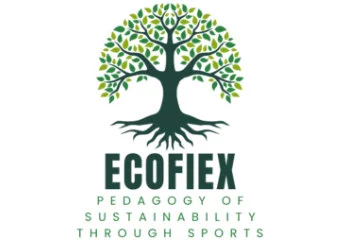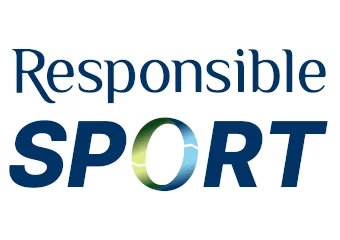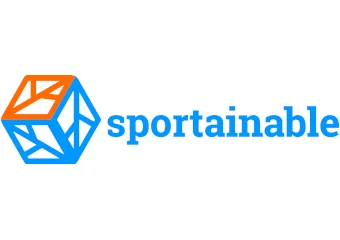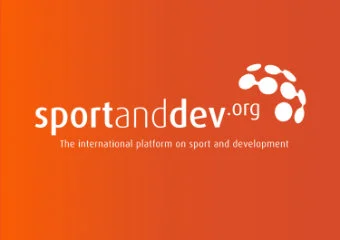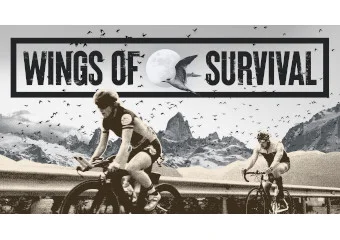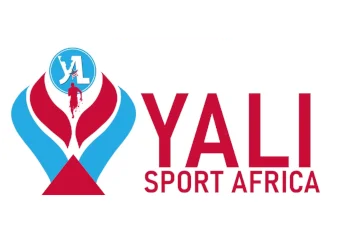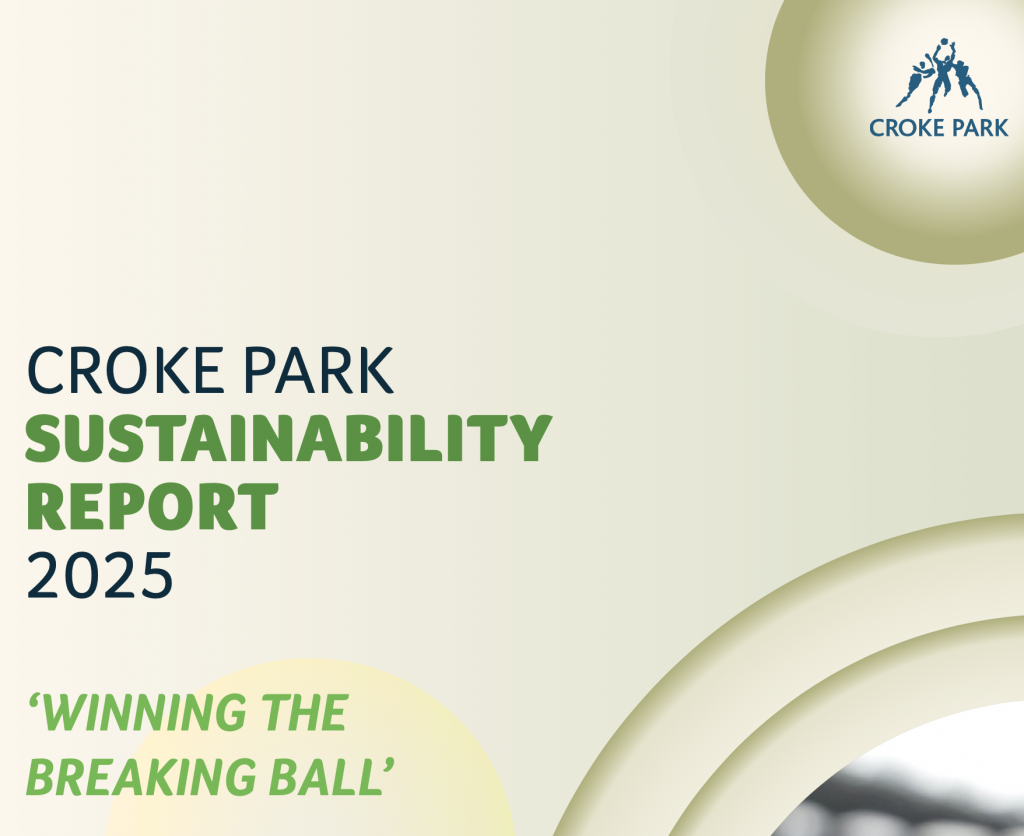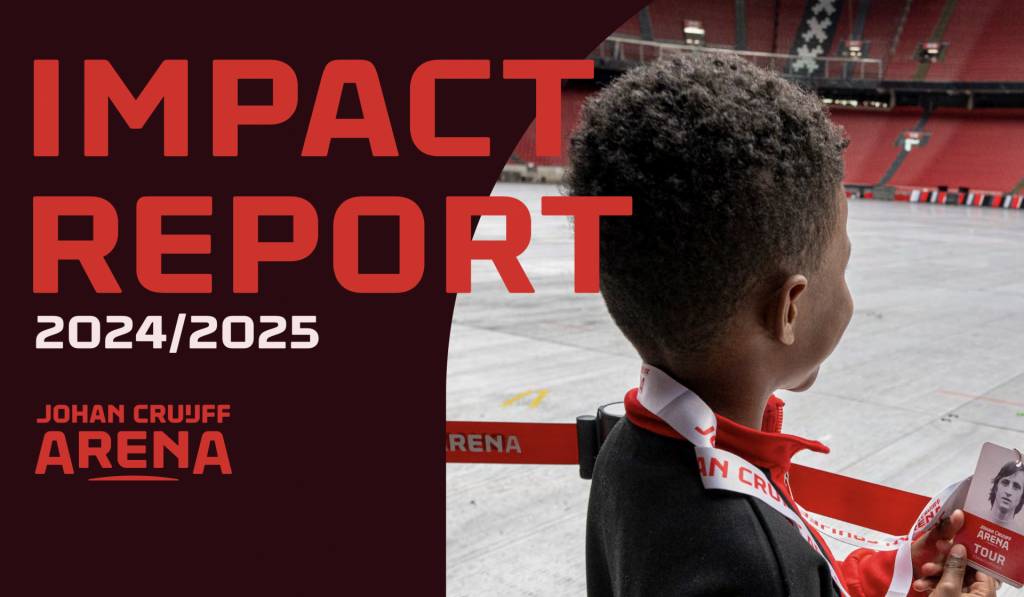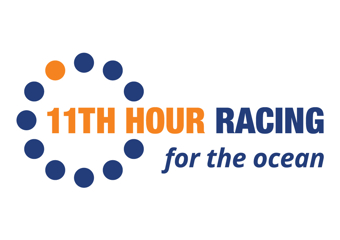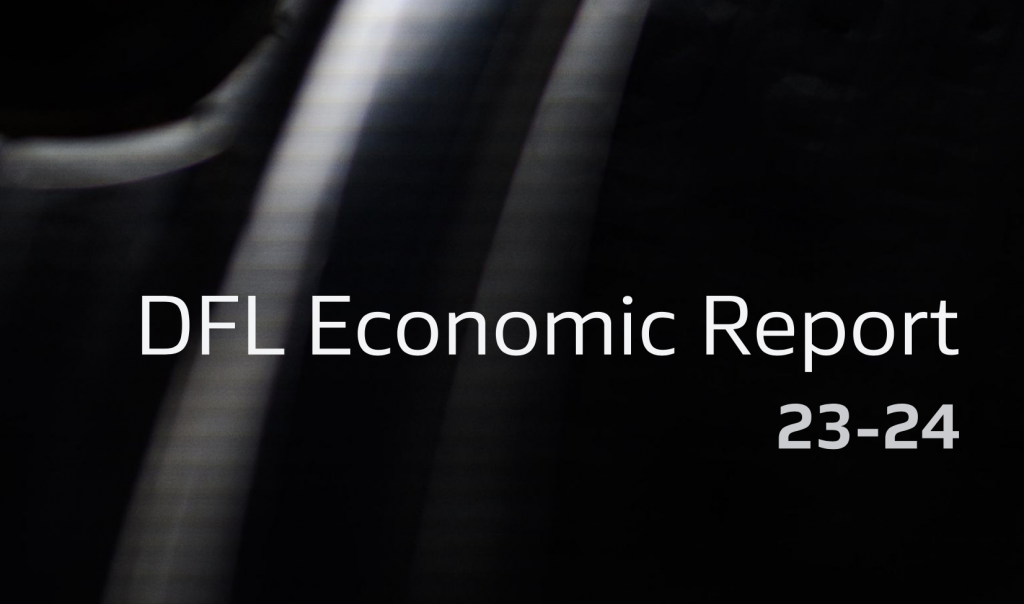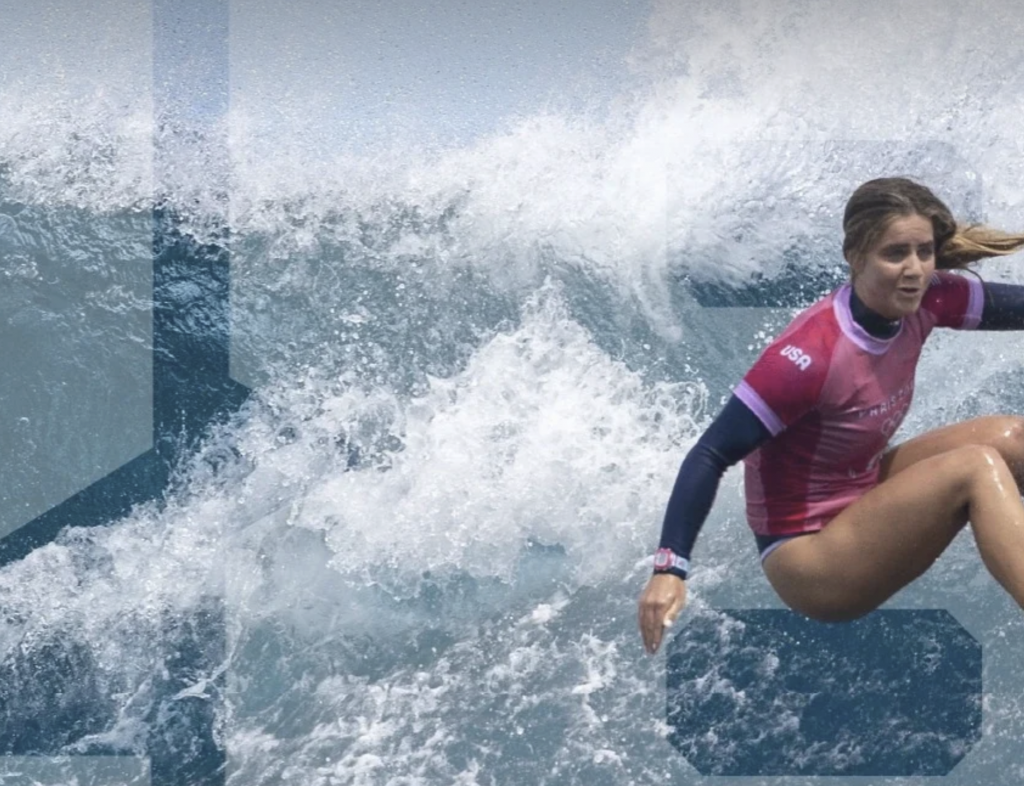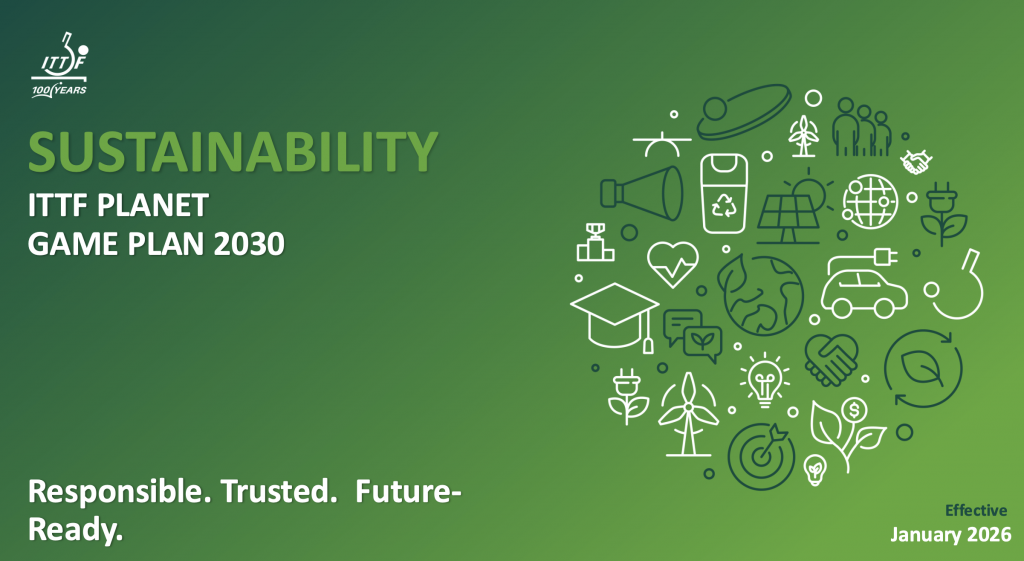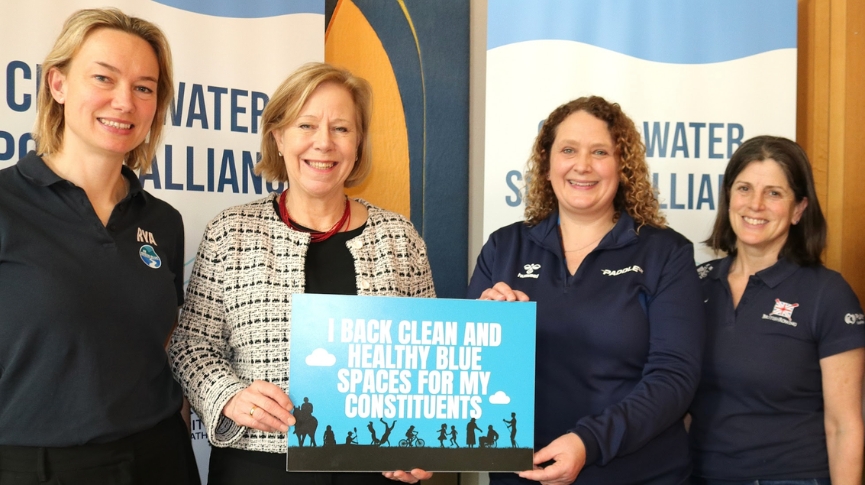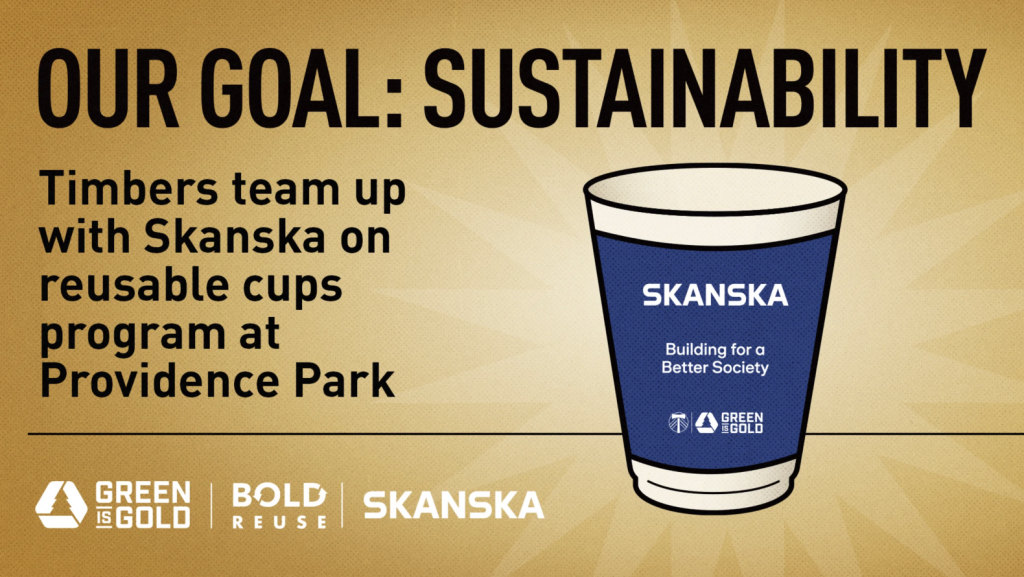To access our unique news archive of over 1,400 articles with insights on over 500+ sustainable sports organisations, join the GSS Network today.
Login here if you are a registered network subscriber.
News article
Playing for the Planet: How Sport is Tackling the Climate Crisis – Part 1
For decades, the world of professional sport has been a theatre of entertainment, a welcome distraction from the weightier issues of the day. Yet, as flooded pitches, smoke-choked stadiums, and melting ski slopes become stark realities, the industry is awakening to a new role. Sport is not merely a victim of the climate crisis; it is rapidly becoming a powerful and surprisingly innovative actor in the fight against it.
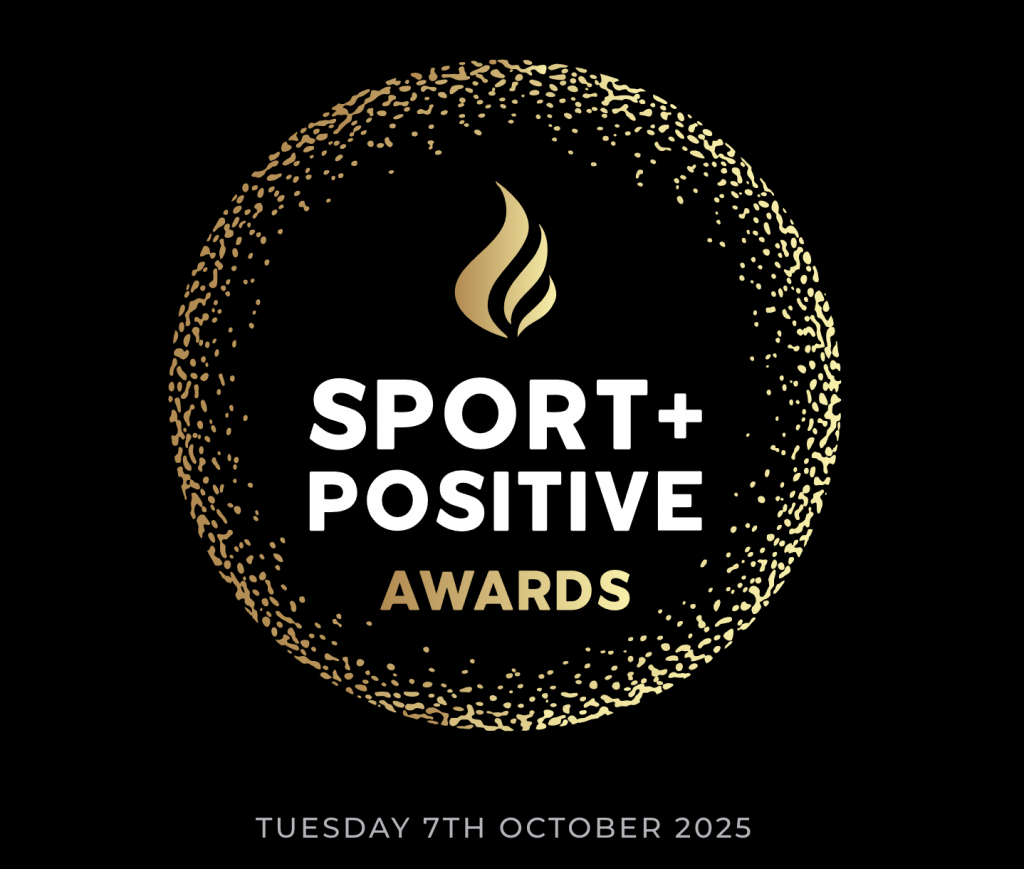
This shift from passive observer to active participant is now an established global movement. A clear barometer of its scale and seriousness is the annual Sport Positive Awards, which celebrate organisations and individuals using sport to address environmental and social challenges.
This year’s shortlist features over 100 changemakers from six continents, spanning everything from global federations to grassroots clubs. In this, the first of a two-part feature, we examine six of the twelve award categories to map the contours of a sector in transformation.
The picture that emerges is one of a movement maturing beyond token gestures and towards systemic, data-driven, and deeply creative solutions.
Community Initiative
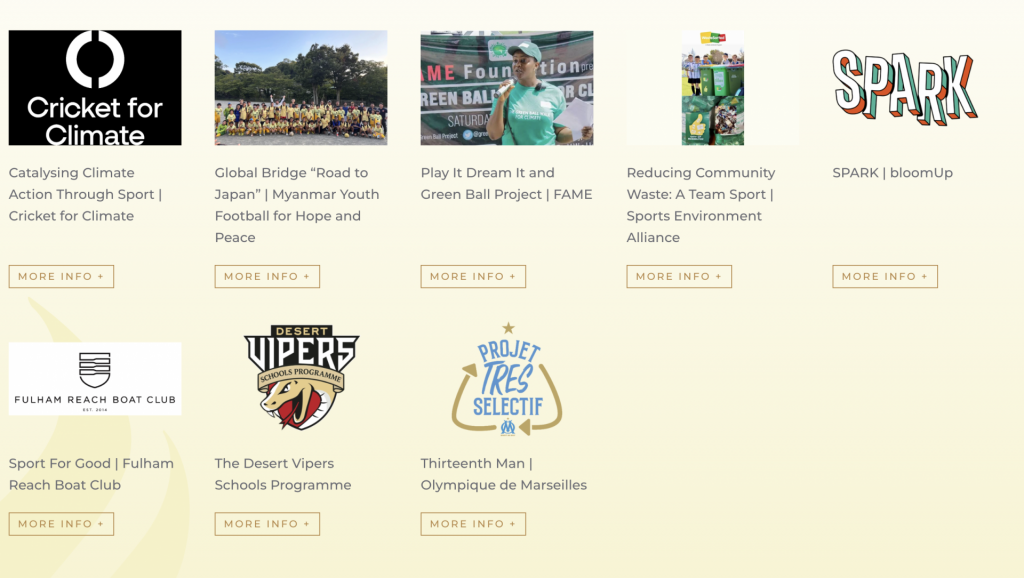
At its best, sport is a powerful vehicle for local cohesion, and this category highlights projects that leverage this power to catalyse climate action from the ground up.
The nominations are:
- Cricket for Climate, a player-led movement in Australia, helps community clubs transition to be carbon-negative and climate resilient. In a poignant act of sport diplomacy,
- Global Bridge’s “Road to Japan” brings youth footballers from crisis-hit Myanmar to a tournament in Japan for cultural exchange and peace-building.
- Nigeria’s FAME Foundation runs the Play it Dream It and Green Ball Project initiatives, using football as a safe space to empower girls in displacement camps and deliver youth-friendly climate education.
- The Sports Environment Alliance in Australia developed Reducing Community Waste: A team sport, a programme that helps clubs from grassroots to professional leagues improve their waste management and recycling performance.
- In Switzerland, bloomUp – Spark uses a mobile format to bring free activities like boxing and street dance to over 9,000 young people, combating inactivity and fostering community connection.
- The Fulham Reach Boat Club in London combines the sport of rowing with direct environmental action, removing over 1,586 kg of rubbish from the river and training hundreds of citizen scientists in water testing.
- The Desert Vipers Schools Programme has taught cricket and sustainability to over 14,000 students in the UAE and India through a fully-funded initiative.
- The Thirteenth Man project unites all stakeholders at Marseille’s Orange Vélodrome stadium to implement comprehensive waste reduction and sorting systems.
Education & Training
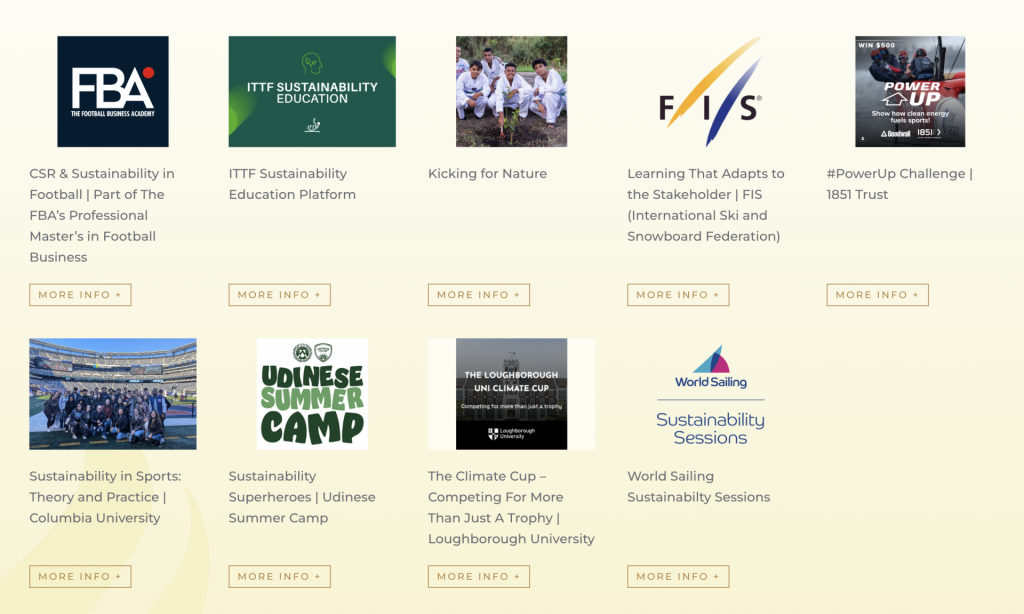
Long-term change requires a climate-literate ecosystem, and this category recognises the crucial work being done to equip athletes, administrators, and fans with the knowledge to act.
The nominations are:
- The FBA’s Professional Master’s in Football Business includes a specialised course on CSR & Sustainability in Football, using an applied learning approach with real-world case studies.
- The ITTF Sustainability Education Platform is a free, gamified online tool designed to empower the global table tennis community, and as the federation notes, its low-budget, accessible format has made it a “replicable model for other sports bodies”.
- In Brazil, the Kicking for Nature programme from the Jadir Taekwondo Association uniquely ties advancement in the martial art to environmental action, where students earn new belts by planting trees and leading climate conversations.
- The International Ski and Snowboard Federation (FIS) has launched a tailored Sustainability Education Plan, adapting learning for diverse roles from young athletes to World Cup venues.
- The 1851 Trust’s #PowerUp Challenge used high-performance sailing to engage young people globally with climate action and green STEM careers.
- Columbia University’s graduate-level “Sustainability in Sports: Theory and Practice” is a unique interdisciplinary course that allows students to work on projects for major events like the Super Bowl and FIFA Club World Cup.
- The Udinese Summer Camp in Italy provided over 1,000 children with hands-on learning in sustainability, recycling, and nutrition.
- Loughborough University’s Climate Cup is an innovative programme where student athletes compete to be the most sustainable, blending a tech platform with in-person expert training.
- World Sailing’s Sustainability Sessions, a free online webinar series, has successfully completed its second season, providing actionable knowledge to sailors, clubs, and the wider public on topics aligned with the federation’s Agenda 2030.
Biodiversity Project
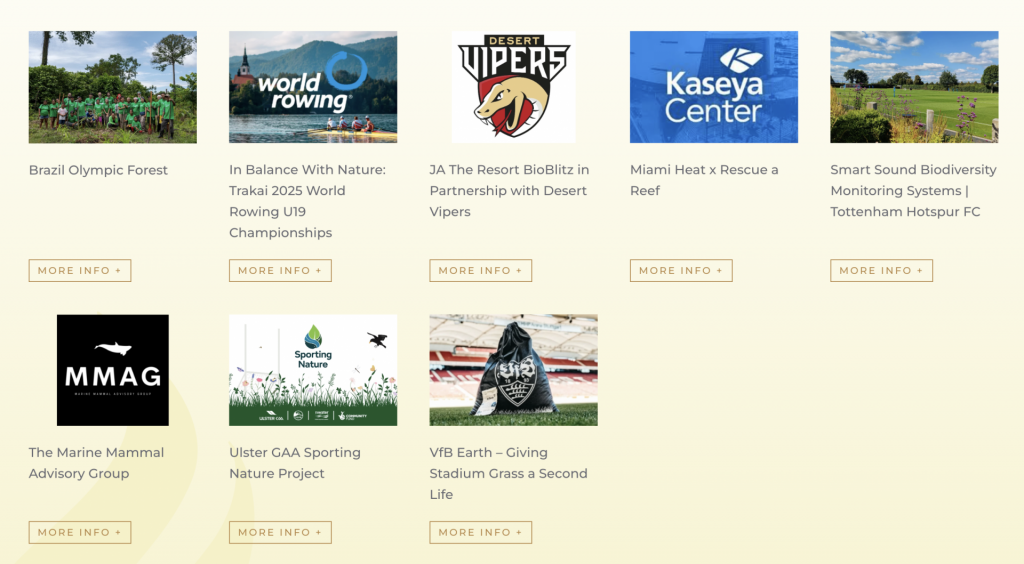
For years, the focus of corporate sustainability has been on carbon; this category showcases a vital expansion of the agenda to include the protection and enhancement of the natural world.
The nominations are:
- In the heart of the Amazon, the Brazil Olympic Forest project is restoring 6.3 hectares of secondary forest through a community-driven model that engages Indigenous residents in every phase.
- The Trakai 2025 World Rowing U19 Championships is piloting a model that integrates biodiversity assessment directly into the planning of a major sporting event, set within a Lithuanian national park.
- A partnership between the JA The Resort hotel in the UAE and the Desert Vipers cricket team held a BioBlitz, a 90-minute event where students used the iNaturalist platform to record 97 species on the hotel grounds.
- In the United States, the Miami Heat x Rescue a Reef initiative funds the restoration of endangered coral reefs by donating $1 for every pound of aluminium and glass recycled at the team’s arena.
- Tottenham Hotspur FC has pioneered the use of Smart Sound Biodiversity Monitoring Systems, deploying passive acoustic sensors at its training centre to track bee and bird populations in real-time.
- To protect marine life, The Marine Mammal Advisory Group brings together global sailing stakeholders to reduce marine mammal strikes, increasing incident data collection by 500% to create “heat maps” of high-risk zones.
- The Ulster GAA Sporting Nature Project empowers local Gaelic games clubs across Northern Ireland to create thriving habitats, having already developed over 5,000m² of wildflower meadows and planted more than 1,000 native trees.
- German football club VfB Stuttgart’s VfB Earth project gives its stadium turf a second life by converting the grass into a high-quality soil substrate that is distributed to community projects.
Leadership

A movement needs leaders, and this category honours individuals who have provided the vision and persistence to drive the sector forward.
The nominations are:
- Dan Reading’s 19-year career has delivered transformative impact from grassroots club audits to authoring World Sailing’s Agenda 2030 and now advising the International Olympic Committee.
- David Stubbs, a key figure behind the sustainability achievements of the London 2012 Olympics, has since worked persistently behind the scenes to help organisations like the IOC and World Rugby establish their own programmes.
- Madeleine Orr, a leading academic, has shaped the field through her prolific research, her book “Warming Up: How Climate Change is Changing Sports,” and her mentorship of a global cadre of researchers.
- Four-time Olympian Hugo Inglis co-founded High Impact Athletes, a movement that has helped over 220 athletes channel their influence into meaningful action, guiding over $1.9 million in donations to highly effective charities.
- Josh Kirkman, a former champion bodyboarder and CEO of Surfers for Climate, led community opposition that resulted in historic legislation banning offshore mining in New South Wales coastal waters.
- Lindsay Arell has pioneered sustainability for the live events industry, leading the development of the ASM Global Acts plan for the world’s largest venue manager and founding the Sustainable Sport Index benchmarking project.
- Svein Rasmussen, a former Olympic windsurfer, founded the watersports brand Starboard with a mission to serve the planet, launching the world’s first Plastic Offset Program and ensuring every product sold removes plastic and plants mangroves.
Campaign of the Year
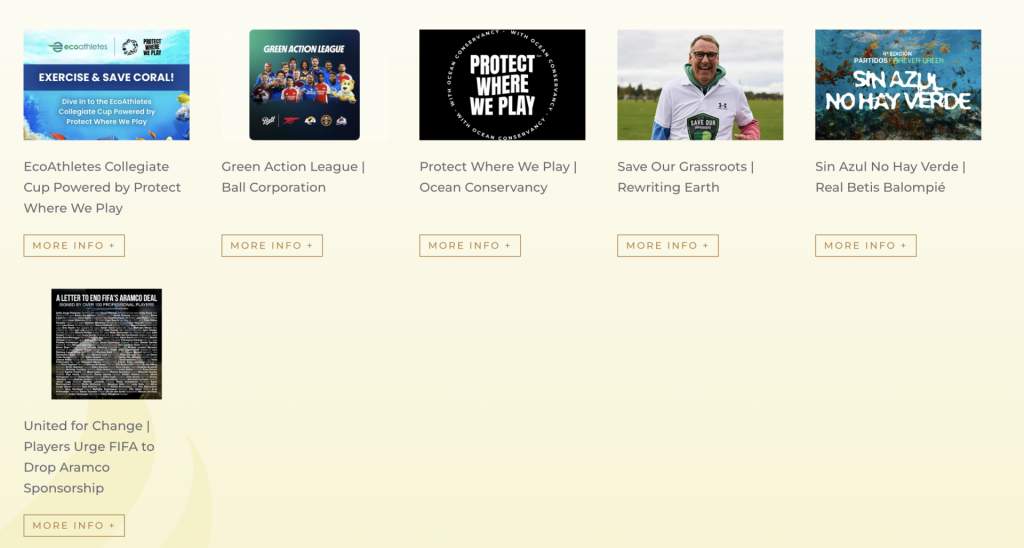
Sport’s greatest asset is its cultural influence, and the campaigns shortlisted here have harnessed this power for environmental advocacy.
The nominations are:
- The EcoAthletes Collegiate Cup turned university students’ exercise into an environmental currency, with 579 participants running, swimming, and cycling to fund the restoration of 3,373 corals.
- Ball Corporation’s Green Action League united fans of four elite teams including Arsenal FC and the Los Angeles Rams in a global competition to take climate action, logging over 41,500 sustainable deeds.
- Protect Where We Play with Ocean Conservancy launched Team Ocean, a roster of athlete and artist captains, to unite fans around ocean conservation, reaching millions within its first five months.
- The Rewriting Earth – Save our Grassroots campaign is designed to help everyday people in Britain protect at-risk local sports grounds from flooding and climate damage.
- Spanish football club Real Betis Balompié’s “Sin Azul No Hay Verde” (“Without Blue, There Is No Green”) campaign created a powerful symbol by producing a special-edition football jersey made from invasive algae to raise awareness of marine biodiversity loss.
- In a powerfully confrontational move, the United for Change campaign saw 135 professional footballers unite in an open letter to FIFA, challenging its partnership with Saudi Aramco, the world’s largest oil company.
Report of the Year
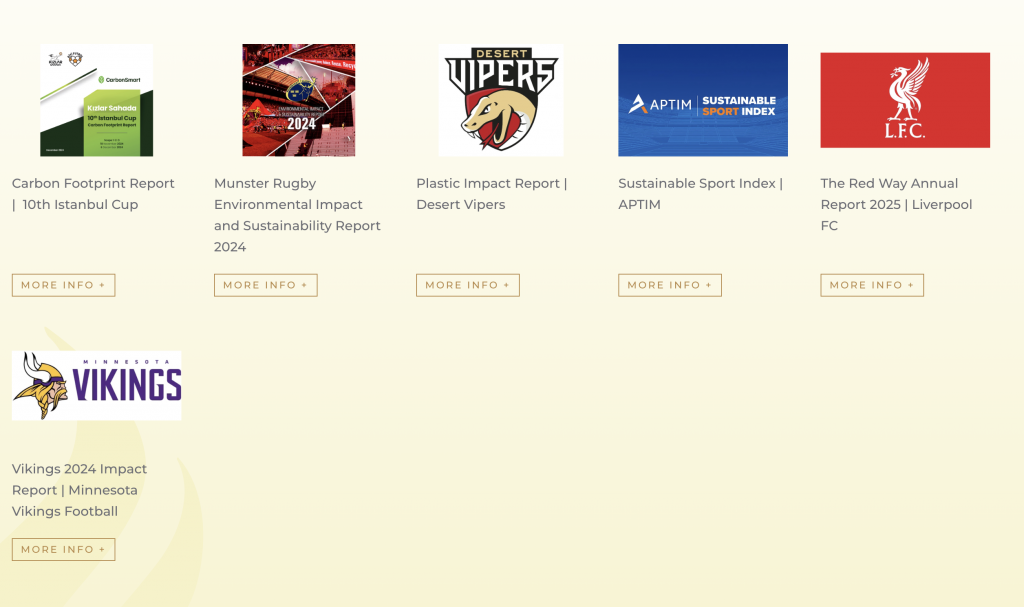
A sign of a maturing movement is its commitment to transparency. More and more sports stakeholders are beginning to publish honest, data-driven communications about their actions.
The nominations are:
- The 10th Istanbul Cup Carbon Footprint Report is the first-ever environmental impact report for a grassroots sports event in Turkey, providing a transparent model for other local initiatives.
- Munster Rugby’s 2024 Sustainability Report is noted for its fresh and “honest, human” tone, using the language of sport to make climate complexity relatable while openly discussing setbacks.
- The Desert Vipers – Plastic Impact Report is a first-of-its-kind for a cricket franchise; its findings led to a 35% reduction in plastic use and an increase in recycled content from 2% to 86% the following season.
- The Sustainable Sport Index by APTIM is the first benchmarking report dedicated to the sustainability performance of sports venues across North America, with participation growing from 41 to 65 venues in the past year.
- Liverpool FC’s The Red Way Annual Report 2025 is a leading example of strategic reporting, aligning with global standards like the GHG Protocol and UN Sports for Climate Action to present clear KPIs and progress.
- The Minnesota Vikings Football – Vikings 2024 Impact Report stands out for its thoughtful and transparent approach, offering an honest reflection on both successes and the real-world obstacles that made some goals difficult to achieve.
"The climate crisis is increasingly affecting the sports we love, making it essential that federations... take leadership roles in education and action".
These six categories reveal a sector brimming with new ideas and energy.
As Claire Poole, founder of the awards, notes, “The climate crisis is increasingly affecting the sports we love, making it essential that federations… take leadership roles in education and action”.
From the grassroots to the global, sport is finally waking up to its responsibilities and its power. The final whistle on the climate crisis has not yet been blown, but the industry has, at last, seriously entered the pitch.
Read moreSport Positive Awards
Join the GSS Alliance Partners programme today
Stay ahead of the game with our FREE weekly newsletter, delivering the latest sport and sustainability news from around the globe straight to your inbox
Join the GSS Network programme today
Register for GSS Workshops today
Join the GSS Education programme today





